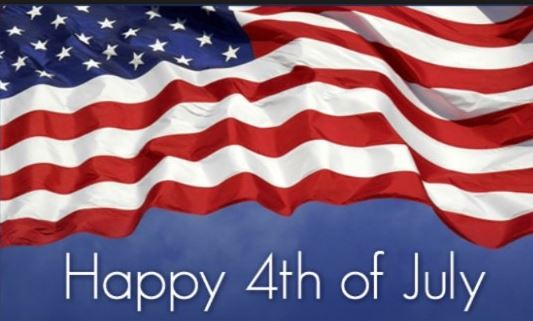By Brooke L. Rollins – July 4, 2024
Two hundred forty-eight years ago today, American independence was proclaimed. But achieving American independence — establishing it as enduring fact — required something before and after July 4th, 1776.
What was required after that signal date in the history of mankind was obvious enough: the newly born United States had to fight and defeat one of the greatest nations, and most-powerful empires, ever to bestride the earth. The United Kingdom of Great Britain and Ireland possessed mastery of all the seas, and the King’s men held posts from the Mississippi to Bengal. A global imperium was sure to crush a revolt along a thinly settled American littoral. The Americans knew the odds — and pressed forward with their fight anyway. The resolution came, as it so often does in history, at a spot hitherto unremarkable, the Virginia settlement of Yorktown.
What was required before the Declaration of Independence was something else altogether. The American Revolution was underway over a full year before that Declaration, but until it, it was formally a rebellion for rights within the King’s realms. The Americans, at face value, were in the tradition of innumerable rebellions across British, and especially English, history — seeking no overthrow of the King and his government, but affirming their place within it. And yet, on a deeper level, they had committed themselves to something very different, and new, well before the first shots at Lexington Green.
Look then not two hundred forty-eight years ago today, but two hundred fifty years — and one month — ago today. Look to June 4th, 1774, when a group of Americans gathered in then-frontier Pennsylvania to issue a set of resolves. These men, gathering at Hanover, have been mostly forgotten by history — eclipsed by the great events that rapidly succeeded them — but we do know their names. Timothy Green, Thomas Copenhaver, and several of their neighbors formed a militia and issued a declaration. It read in part: “in the event of Great Britain attempting to force unjust laws upon us by strength of arms, our cause we leave to Heaven and our rifles.” This was not some vain bravado from uneducated frontiersmen: it was an explicit reference to English philosophical thought, rooted in Christian understanding, invoking the final recourse of free men in the appeal to heaven. What happened at Hanover was, even then, repeated and echoed across the American colonies, as men looked to power and said: no more.
One could see in this — inevitable in retrospect — the imminence of American independence. Men resolved thus will never be subjects of a king, whether or not they think themselves such. This is precisely what John Adams meant when he wrote in 1818 that the real work of revolution was achieved long before July 4th, 1776:
“[W]]hat do we mean by the American Revolution? Do we mean the American war? The Revolution was effected before the war commenced. The Revolution was in the minds and hearts of the people, a change in their religious sentiments of their duties and obligations … This radical change in the principles, opinions, sentiments, and affections of the people, was the real American Revolution.”
Today we commemorate two hundred forty-eight years of American independence, and it deserves the celebration. But as we do, we must remember that our Declaration was a culmination as much as an inception. The “minds and hearts of the people” are the safeguards of our liberties — and two and a half centuries later, these remain the arenas where our best work is done.
At the America First Policy Institute, it’s where we labor every day.
From our families to yours, happy Independence Day — and never forget to appeal to heaven.
In liberty —
BROOKE L. ROLLINS is President & CEO of The America First Policy Institute


